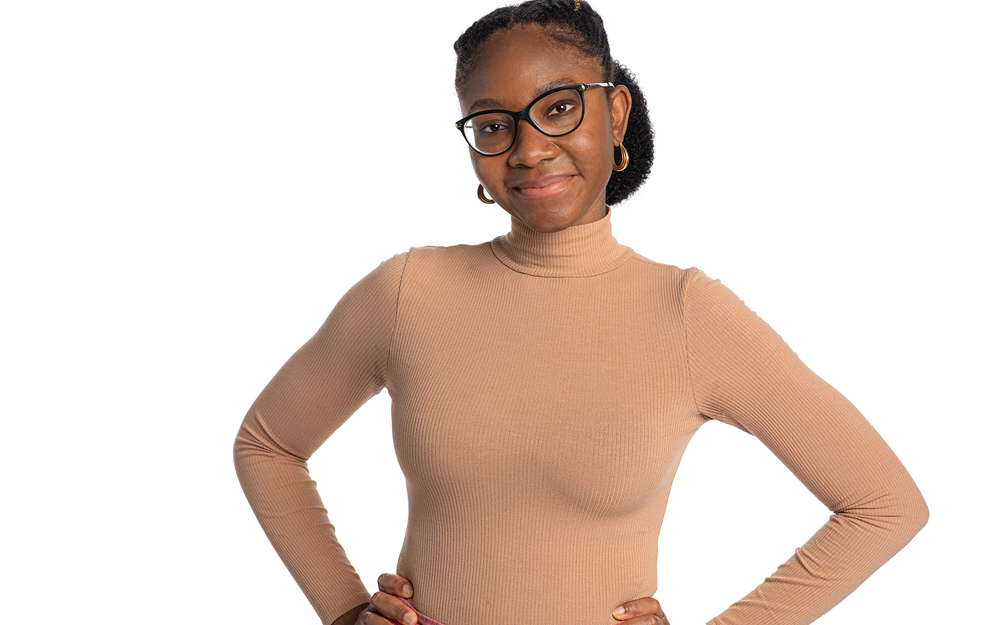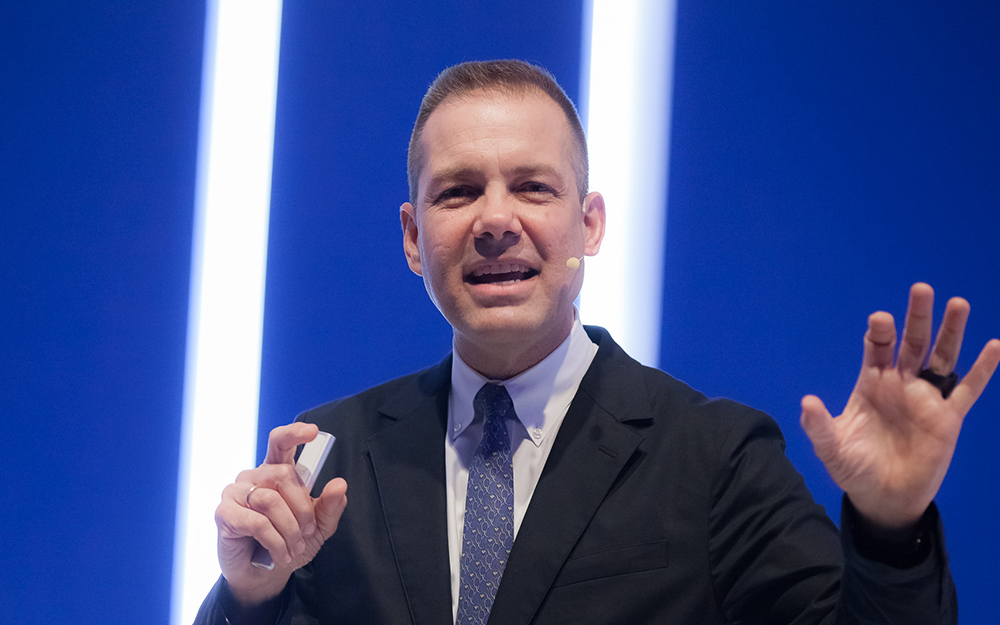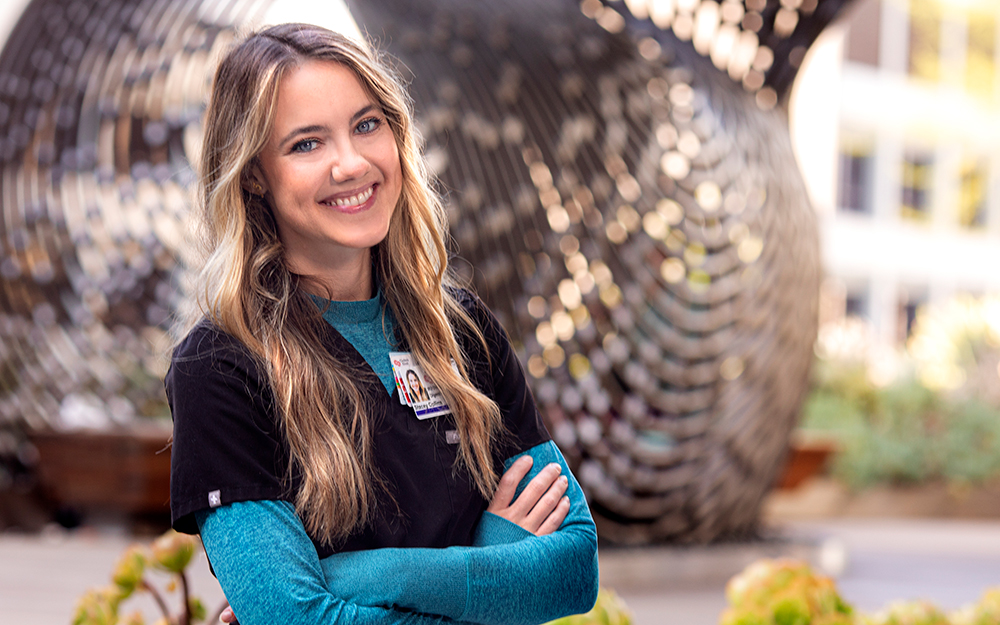Faces of Cedars-Sinai: Blandine Victor, PhD Candidate
Date
February 14, 2022

Date
February 14, 2022
Credits
Medical providers featured in this article
In Brief
{{cta-block}}
In 1847, Dr. David Jones Peck became the first Black medical student to graduate from a medical school in the U.S. (Rush Medical College in Chicago, IL). For Black History Month, we spoke with some of our esteemed past and current students to learn what inspired them to choose a career in medicine, what obstacles and victories they have experienced, and their advice for future doctors and scientists of color.
Meet Blandine Victor, a doctoral student in Cedars-Sinai's Biomedical Science Program.
Blandine received her bachelor of science in biology at Barry University in 2011. She followed her undergraduate studies with a one-year, post-baccalaureate fellowship at Emory University, where she examined the immune response during mucosal exposure to simian immunodeficiency virus. She spent the next two years partaking in three HIV vaccine studies at the Yerkes Vaccine Center in Atlanta.
I've always had an interest in understanding how and why things work, down to the nitty and gritty! When someone would get sick, it wasn't enough for me to just be told what ailment they had. I always had a yearning to understand why.
She received her master of science in infectious disease and microbiology at the University of Pittsburgh in 2016. While her academic choice means she spends most of her time at a lab bench, Blandine's real passion is in improving people's lives, especially those who grew up in communities like her own in West Palm Beach or in her parents' homeland of Haiti.
What inspired you to pursue a STEM career?
Blandine Victor: I've always had an interest in understanding how and why things work, down to the nitty and gritty! When someone would get sick, it wasn't enough for me to just be told what ailment they had. I always had a yearning to understand why. What was the cause? How did the body react? Was it genetic, environmental or infectious?
I also saw that not everyone has access to education or health literacy—the ability to understand, acquire and use information to make better health decisions. This could improve so many people's quality of life. I sought to do that through a career in biomedical science, where we do the early work of investigation. As scientists, we play a part in bridging the gap to improve health literacy.
What types of struggles have you faced in your education or training as a result of racial bias?
BV: Being first-generation Haitian American, I have experienced micro-aggressions regarding my appearance and for the way I speak. I've prepared for those reactions, so I carry myself in a certain way, which can be exhausting.
Another obstacle is minimization: discounting my previous training and experiences and invalidating the progress I've made in my education and the improvements I've brought to the lab. Sadly, this is the reality for many. I tried to deal with it by overcompensating or internalizing, none of which was helpful or healthy.
What's your advice to Black youths thinking about pursuing a STEM career?
BV: Pursue your passions and do not get discouraged! Lead with enthusiasm and remind yourself of why you are there. There will be few to no others that look like you in your education, training and even in your career. But if you've made it this far, don't let anything or anyone tell you that you don't deserve to be there.
You are needed, you are wanted and all your efforts will be worth it in the end. Most importantly, establish a strong support system.
How do you hope to change or influence perceptions as a Black woman in research?
BV: I don't think I can change anyone's implicit bias against African American women or any minorities in science, and I also don't believe that this is my job. It starts at the individual level, for people to make an effort to identify their own biases and understand why they have them.
I do, however, serve as a representative for fellow minorities in STEM (science, technology, engineering and mathematics). And I speak for all when I say this: We are hard workers, but we are not robots. We may come off strong and put together because professionalism is key, but we are humans with feelings, too. We care so much about the work that we are doing, and we strive to make progress in the field despite the extra hurdles we must overcome.
We earned our seat at the table and should be regarded with the same respect as our peers. I hope to model resilience and adeptness regardless of one's environment, because the end goal is very much worth the effort.





